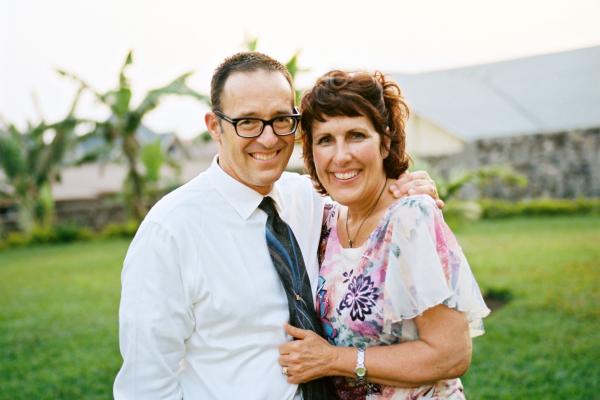Oct 9, 2015
Without question, abuse ministry—including abuse education—has been the most challenging (and the most rewarding) of all the ministries we’ve experienced. Abuse creates soul damage, including high levels of toxic shame. It creates confusion and pain for those who try to help victims, so it is challenging to teach students about abuse, as it can trigger past trauma. Finally, one of the greatest challenges we’ve faced domestically and globally when educating others about abuse is patriarchy. Until one comes to recognize the prevalence and malevolence of patriarchy, it is difficult to understand, let alone deal with, abuse in the church.
Read the Full Article

Already a subscriber? Login
